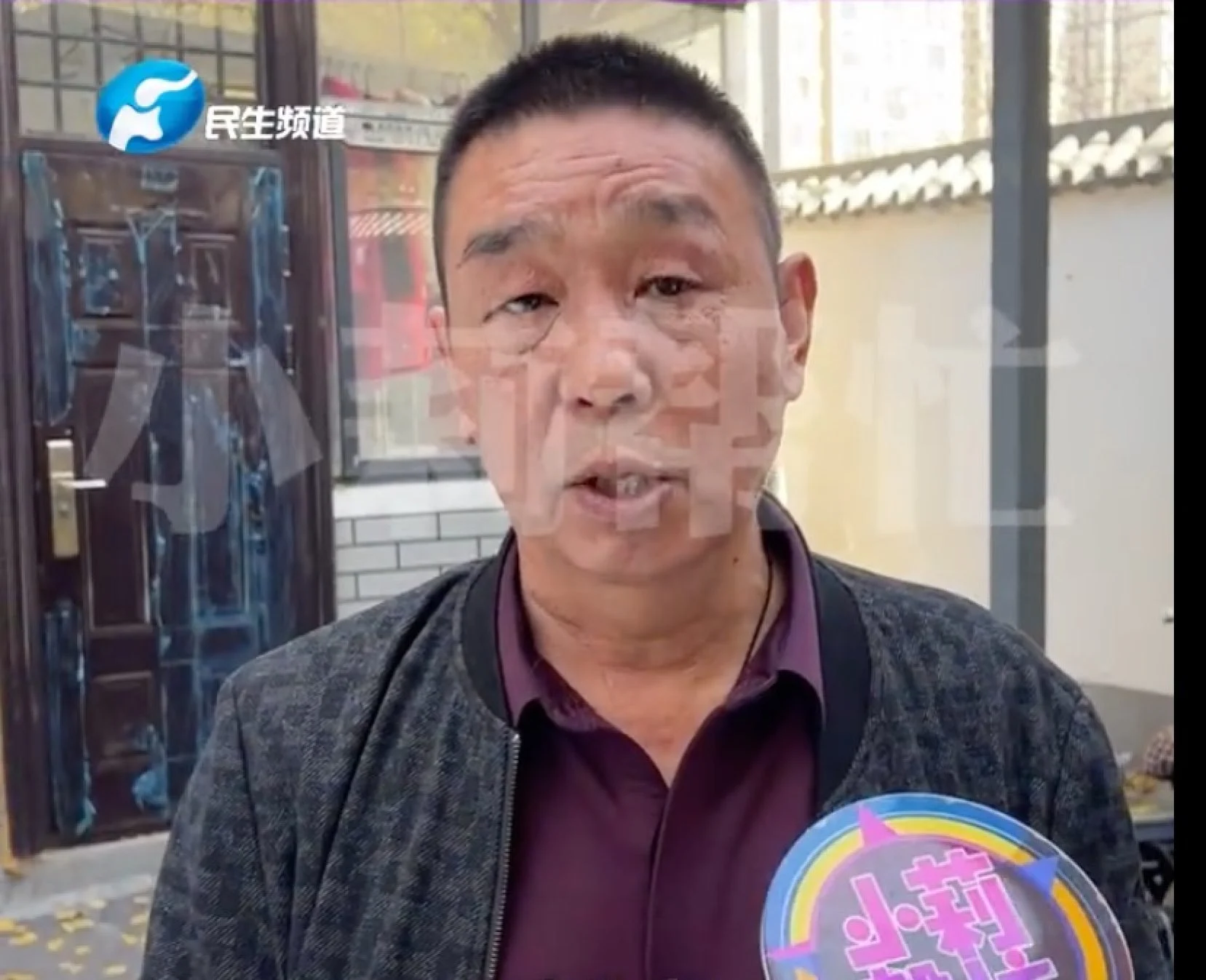In an incident that has captured nationwide attention in China, a group of residents from Henan province found themselves at the center of a peculiar yet troubling scam. They purchased vehicles from a brand called Da Ka Yan, which were marketed as affordable replicas of the high-end Porsche Cayenne, only to discover a myriad of issues with their new purchases. The story gained traction after the frustrated buyers aired their grievances on Henan TV, revealing their inability to contact the manufacturer or dealer for fixes or refunds.
The vehicles, sold at a strikingly low price of 23,000 yuan (approximately $3,200), were designed to mimic the appearance of a Porsche. Yet, upon closer inspection, several subtle differences became apparent. The iconic Porsche logo was altered, with the English lettering inside replaced by the pinyin words ‘xin neng yuan’, meaning ‘new energy’. Additionally, the Porsche’s renowned horse emblem was substituted with a deer in the replica models.
The buyers, primarily residing in Henan province, were persuaded to purchase these cars following a live-streamed sales event. During the stream, a hostess praised the Da Ka Yan as a “premier electric vehicle” that was both affordable and did not require a driver’s license.
However, the excitement soon turned to disappointment as the owners encountered various operational problems. Issues ranged from faulty handbrakes and limited electric-petrol hybrid range to the absence of safety belts and minuscule fuel tanks. One buyer, Ms. Wen, expressed her embarrassment when her car needed to be towed by an electric bike after breaking down multiple times on a short journey. She likened the car’s engine to that of a loud, vibrating tractor and voiced concerns over its safety hazards.
Another buyer, Mr. Wang, faced legal issues on his first drive, as he was stopped by police for having no driving license and using illegal car plates, which were pre-installed by the factory.
Efforts to reach the company for complaints were met with immediate hang-ups and ignored messages on WeChat. In a covertly recorded conversation, a company employee admitted to falsifying vehicle standard certifications and mentioned the high sales volume of these counterfeit cars.
The investigation also uncovered replicas of other luxury brands like Tesla and Land Rover, ready to be shipped to buyers nationwide. The revelation of these knockoff cars sparked a mix of amusement and concern on Chinese social media, with netizens expressing admiration for the buyers’ courage, humor at the sight of luxury cars in rural areas, and calls for authorities to intervene and prevent further scams.
READ MORE:
